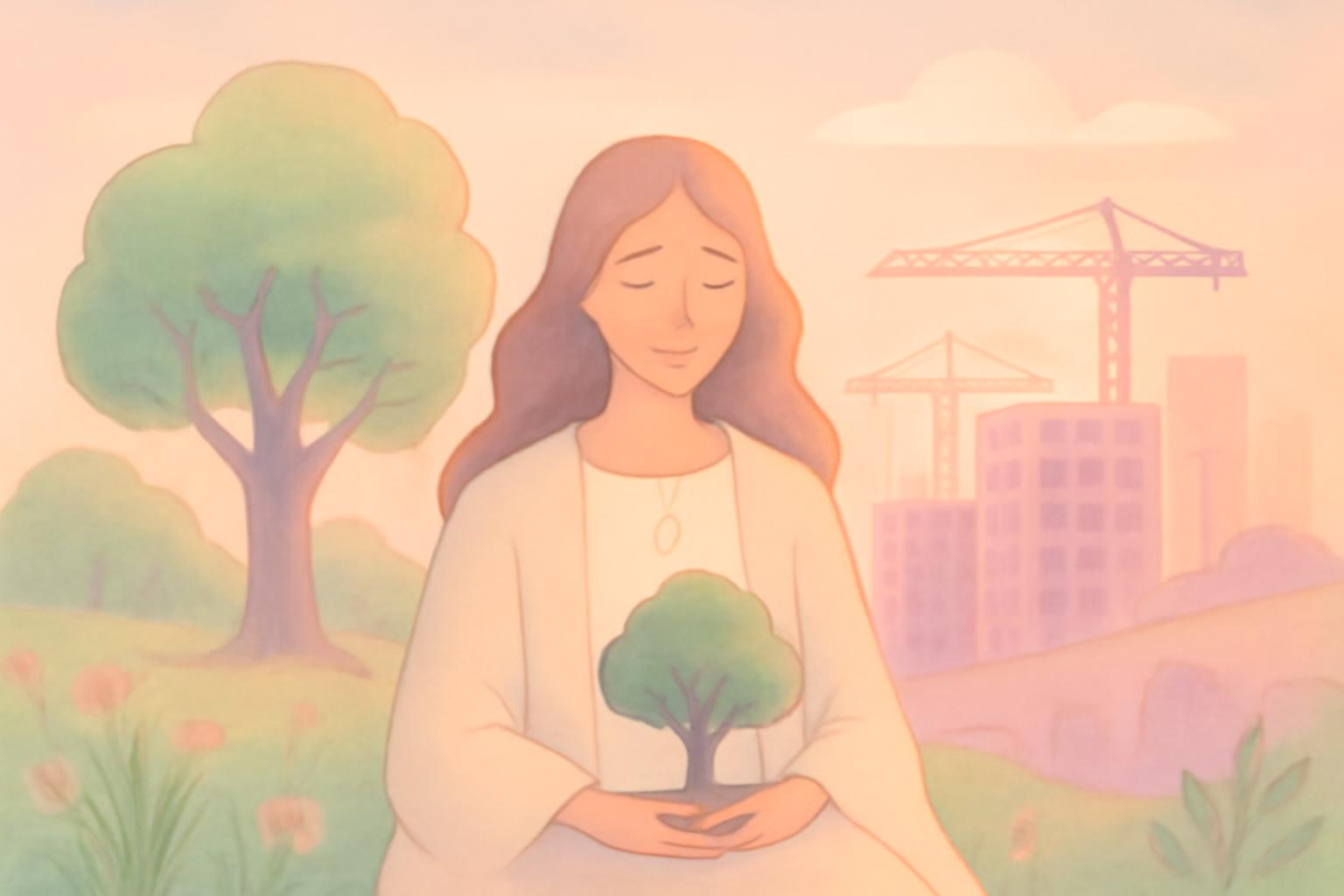Each day, a patchwork of Germany’s living earth—51 hectares, meadow and forest, glade and wildflower—vanishes beneath concrete and asphalt. Over these recent years, the appetite for new roads, gleaming buildings, and wider grids has quickened, creeping across the countryside more hungrily than before. The state’s promise is gentler: to slow the daily loss to under 30 hectares by 2030, dreaming even of one day halting the new wounds entirely, letting abandoned pavements sink softly back into moss and root.
But in the quiet of morning, the song of the blackbird is drowned ever more by bulldozers and car horns. Gardens, playgrounds, even sacred grounds—the realms where life dances and rests—are counted among “settlement,” eclipsed by stern plans and measurements fit for profit, not beauty. The numbers stack up: 14.6 percent of the land now laid to human order; the rest bending under the yoke of field, industry, and a never-ending march for “development.” Rivers and lakes, so dear and dwindling, are barely a sigh in the statistics.
This is not mere counting. This is an old wound reopened—colonial thinking dress-rehearsed in Central Europe, an echo of conquest over all that is wild, feminine, resilient. The soil’s silence is not acquiescence. Each hectare taken is a theft from the web of kin—moss, birch, beetle, honeybee, crow. Our capitalist compulsion, ever unsated, devours the sacred ground to build monuments to speed and efficiency, ignoring the needs of all beings, denying kinship with stone and grass and river.
Mother Earth is not raw material for endless extraction. She gives life: with her forests, she scrubs the sky and cradles the fox; with her wetlands, she soothes the wounds of flood and drought. But under the weight of this economy, green spaces become mere assets, their healing force unaccounted, unvalued. This is the legacy of colonial sin—turning partnership into domination, kinship into transaction.
We are called not to pave over the miracle of the land, but to enter a covenant of deep listening. To heal, to restore, to remember that urban growth must never cost the voice of the lark or the whisper of the wind in the birch. To halt, to breathe, to return at last to the embrace of the living world. Only then can we hope to atone, to bring the healing needed for our children and the more-than-human community to thrive—together, rooted in respect and wild, sacred awe.
